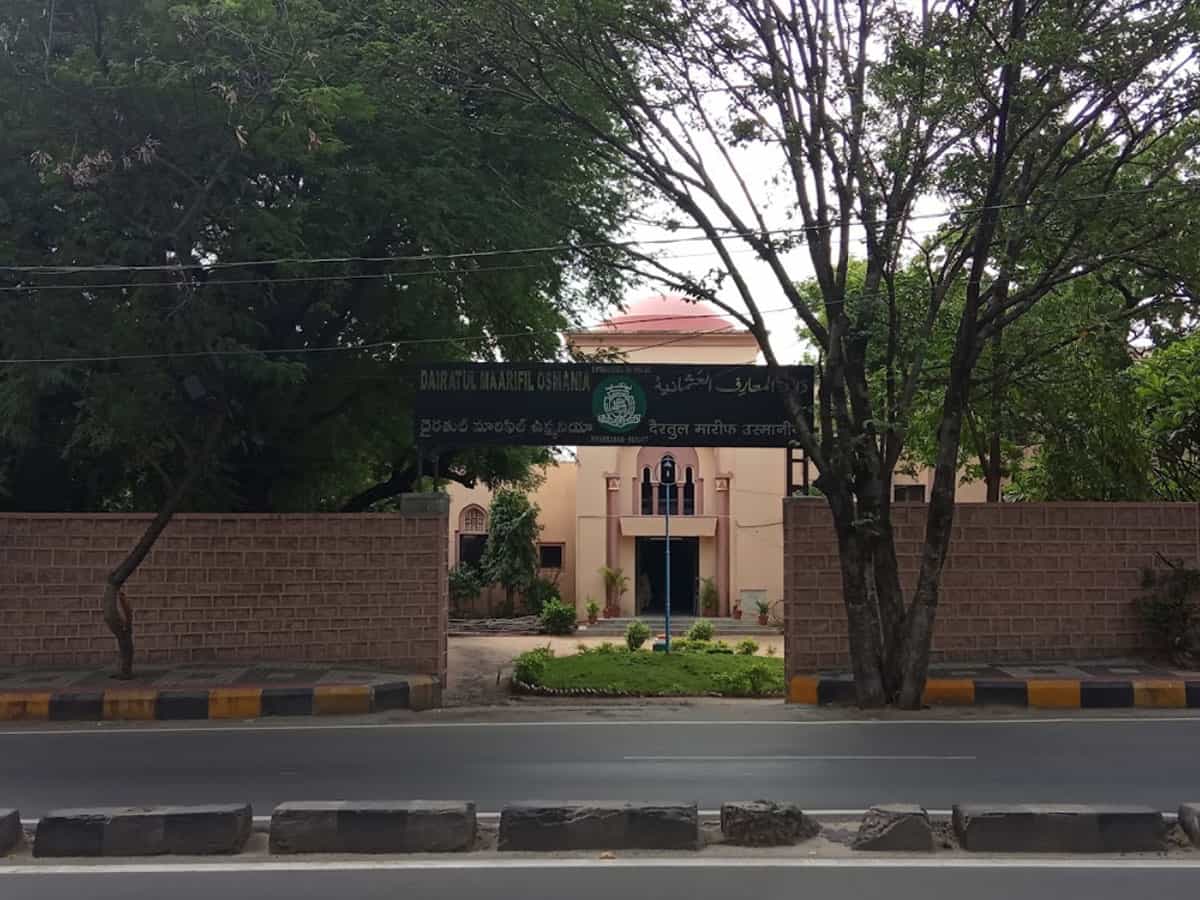Hyderabad: Sarojini Naidu, the Nightingale of India, described him as the personification of Hindu-Muslim unity, and a staunch believer of a new India which would soon be ushered in. While on the one hand, he was hailed as an educationalist and at the same time he was bitterly criticised by members of his own community for being a Congressman. This was the life of freedom fighter from Hyderabad Mullah Abdul Qayoom.
Maulana Qayoom was a civil servant, and an educationalist. He served in various capacities in several departments, including the Department of Suvery and Settlement in the mid-1870s, and later, the Department of Education of the State of Hyderabad.
He is known to have established the Dairatul Ma’arif in Osmania University, a repository of invaluable Islamic documents, alongside Maulana Anwarullah Farooqui and Imadul Mulk.
It is here he first came to the attention of the public, and for good reason. Maulana Qayoom began to advocate for compulsory education, an idea considered dangerous at the time, so much so that objections it included that move could sow seeds of revolution among the populace, and even create unemployment. Other objections to this idea were that it would be an infringement of the rights of people and families. And since Hyderabad was a largely feudalistic State, the idea was opposed on the grounds that distinction between the commoners and nobility would fade.
Maulana Qayoom had a fitting response to the last objection. “Nobility was not derived from blood, but from character,” records quote him as saying.
It comes as no surprise that Sarojini Naidu wrote so highly of him. She had seen him for close quarters. For Maulana Qayoom was her father Aghornanath Chattopadhyaya’s friend. Both were proponents of Swadeshi movement.
Not surprisingly, Mullah Qayoom became a thorn in the side of the British. It is recorded that his proactive and humane approach, and criticism of the handling of the situation in the aftermath of the plague which broke out in late 1890s. This forced him to retire around two years later.
Ms Naidu extols Maulana Qayoom’s courage. That he spoke about the ‘political emancipation’ of the country, at a time when laws of sedition were being frequently invoked to quell dissent and discontent. She also spoke fondly of the friendship forged between her father, and Maulana Qayoom, even as she underscored the great difference in the backgrounds.
“My love and my homage to the memory of my father’s friend Mullah Abdul Qayoom saheb. Great Muslim, great Indian and great man,” she said in 1906, the year of his passing.

